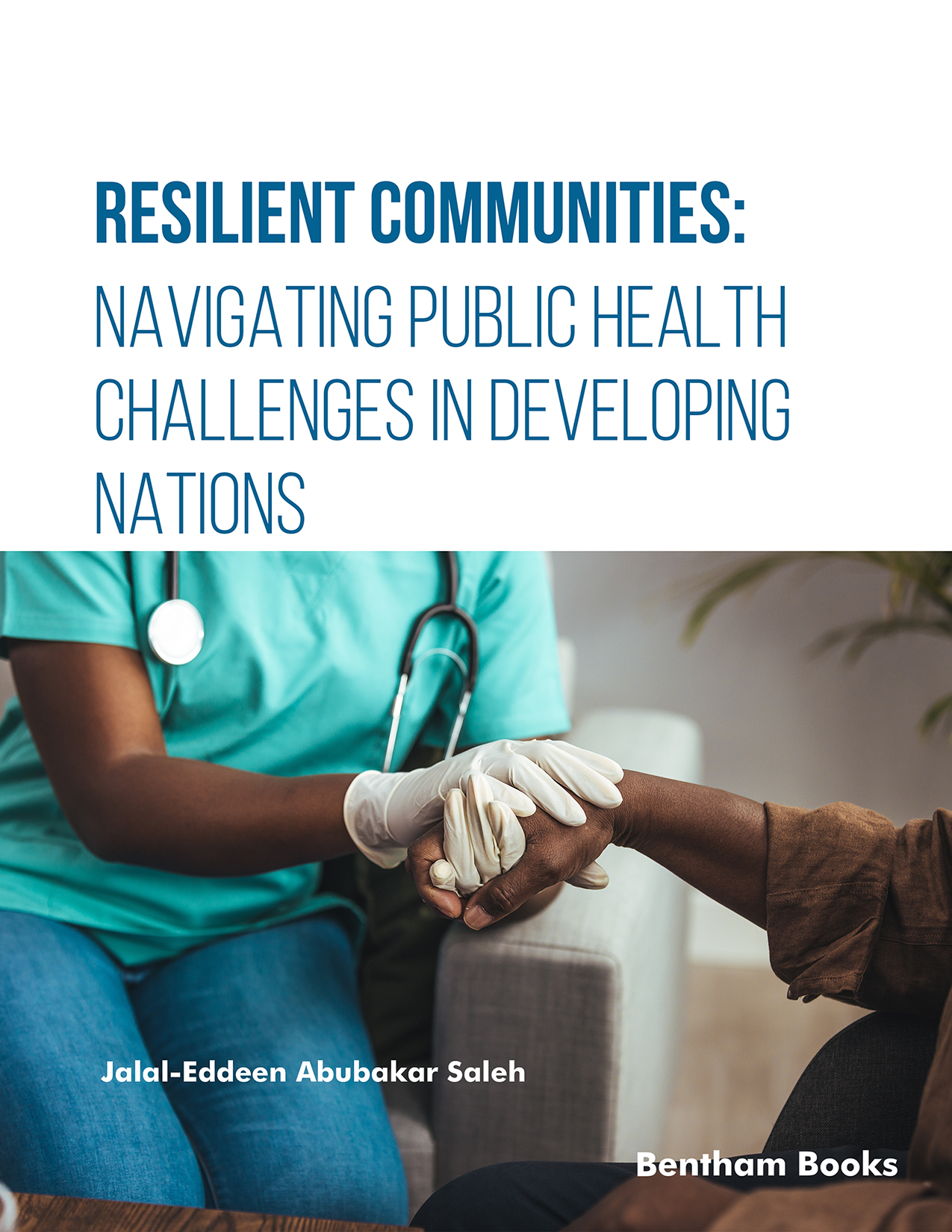In the diverse tapestry of our world, some communities inspire hope and admiration with their unwavering spirit and ability to rise above adversity. These are the resilient communities – bastions of strength in the face of daunting public health challenges. As I turn my attention to developing nations, I find myself immersed in a dynamic landscape where the pursuit of health equity knows no bounds.
This book, "Resilient Communities: Navigating Public Health Challenges in Developing Nations", explores the remarkable power that lies within communities to transform their health outcomes. It is a journey through the complexities of public health in resource-constrained settings, guided by the unwavering belief in the potential of collective action and community empowerment.
I have witnessed the fortitude of these communities, and this book is a testament to their indomitable spirit. It is also a tribute to the tireless efforts of public health professionals, policymakers, community leaders, and advocates who work tirelessly to bring about positive change.
In the opening chapters, I set the stage, delving into the intricacies of public health in developing nations. I unravel the web of factors that influence health outcomes, from socioeconomic disparities to prevailing diseases, and emphasize the importance of addressing health inequities with a lens of compassion and understanding.
The heart of this book lies in its exploration of community resilience and the transformative impact of community engagement. I highlight the power of a community-based participatory approach, where people affected by health challenges become change agents, shaping interventions that best suit their needs and context.
Throughout the chapters, I traverse the terrain of communicable diseases, non-communicable diseases, maternal and child health, and the critical importance of water, sanitation, and hygiene interventions. I explored the intricate relationship between nutrition and health and the vital role of mental health and psychosocial support in resilient communities.
Healthcare infrastructure and access form an integral part of the journey. I discussed innovative solutions leveraging technology to bridge healthcare delivery gaps and empower communities to lead healthier lives.
As I delved into the realm of disaster preparedness and resilience, I acknowledged the need for a proactive approach to safeguarding communities from the impact of natural disasters and emergencies.
Given that women and girls emerge as influential change-makers in public health, I underscored the importance of gender equity and the empowerment of women and girls, recognizing their indispensable role in building healthier societies.
Throughout the pages of this book, I celebrated the triumphs of technology and innovation in public health. From mobile health initiatives to digital data collection and analysis tools, I witnessed how technology can revolutionize healthcare access and delivery.
Amidst all these efforts, I delved into the essence of health systems and governance. I explored the significance of solid leadership, capacity building, and sustainable development to lay a foundation for lasting health resilience.
As I approached the final chapters, I glimpsed the vision of resilient health futures for developing nations. I integrated public health into sustainable development goals, envisioning a world where every community thrives and everyone is empowered to lead a healthier, more fulfilling life. I explored the critical issues surrounding weak routine immunization, poor leadership and governance, poor coordination of disease outbreaks and response, and non-performing primary healthcare centers.
In the book, the reader would find enlightening case studies strategically placed after the various chapters. These case studies utilize fictional settings to vividly exemplify how innovation, technology, and community-driven initiatives come together to address healthcare delivery gaps, especially in locations with limited resources. Ultimately, this book is more than a compilation of knowledge; it is an invitation to action. It is a call to embrace the resilience within us all and recognize that the most potent solutions emerge when we work together as a global community united in purpose and compassion.
To every reader who embarks on this journey, may the stories within these pages ignite your imagination and inspire your commitment to advancing public health in developing nations. Together, we champion resilient communities and pave the way for a healthier, more equitable world.
Disclaimer:
The views expressed in this book are mine and do not reflect the official position or policies
of the WHO. Similarly, the content of this book ensured objectivity, avoided being impartial,
and was not influenced by my affiliation with the WHO.
Jalal-Eddeen Abubakar Saleh
Field Presence Cluster
World Health Organization, Nigeria

